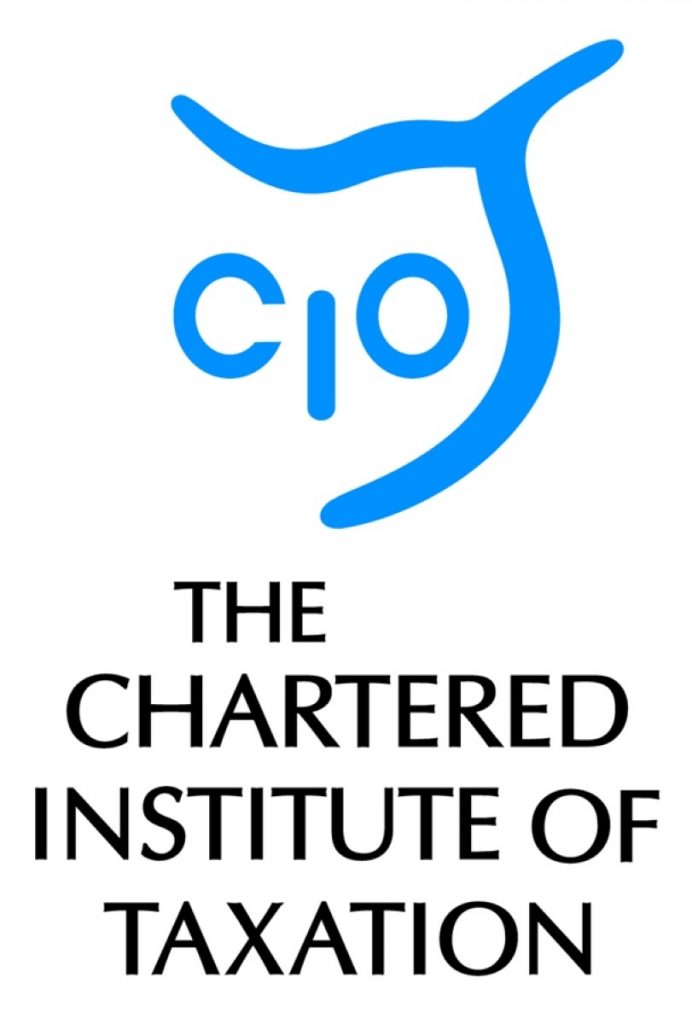Tax Institute welcomes news that companies can continue to be members of Limited Liability Partnerships
The Chartered Institute of Taxation (CIOT) has welcomed a government announcement that companies are to continue to be allowed to be members of Limited Liability Partnerships (LLPs). The CIOT was concerned that if the Government had gone ahead with its plans to stop this it would have had serious consequences for many commercial business arrangements. Property development and farming partnerships would have been particularly affected.
Andrew Gotch, Chairman of the CIOT’s Owner Managed Business Sub-Committee, explained:
“The Limited Liability Partnership is a useful and flexible legal structure that is commonly used by businesses, large and small, wishing to pursue some kind of joint venture. It is often used for valid commercial reasons in farming partnerships, for property development and investment, and alternative business structures for law firms.
“A corporate LLP structure is often the vehicle of choice for property developments purely for reasons of commercial flexibility. It is an easier way to do business with third parties than, for example, complex shareholder arrangements within a company or group of companies. In many cases, a substantial corporate group will be one of the members; either providing the capital or expertise. It would not be practical for them to introduce an individual member into the LLP. There may also be times where a corporate partner is required for local jurisdictional or regulatory requirements.
“It is understandable that the Government wants to improve corporate transparency and accountability. There is a theoretical risk that corporate membership of LLPs might be used to mask beneficial ownership – though the Government acknowledge that there is no strong body of evidence suggesting abuse so far – but that should not be an issue if the beneficial owners of the corporate member are made public as the Government propose.
“For these reasons we welcome the fact that the Government have listened to the concerns of business and their advisers, including Chartered Tax Advisers, and announced that they will not be going ahead with prohibiting corporate members of LLPs.”
Notes for editors
1. Background
In July 2013 the Department for Business, Innovation & Skills (BIS) published a discussion paper: ‘Transparency and Trust: enhancing the Transparency of UK Company Ownership and Increasing Trust in UK Business’. The Government’s response to views received on the Transparency and Trust discussion paper (published April 2014) proposed a default prohibition of corporate directors in UK limited companies save in limited circumstances, and suggested at paragraph 169 that for consistency LLPs should be included in this system – that is, LLPs should be prohibited from having companies as members. The Small Business, Enterprise and Employment Bill (currently before Parliament) and future regulations will together set out a new legal position in relation to the use of corporate directors in UK companies.
CIOT criticised the proposal to prohibit corporate members of LLPs saying that it would have serious consequences for many commercial business arrangements.
In their latest paper, ‘Scope of exceptions to the prohibition of corporate directors’, BIS agree that there is not a strong case currently for action to prohibit corporate members of LLPs. They set out their thinking in paragraphs 68 to 73 of the paper.
2. The Chartered Institute of Taxation
The Chartered Institute of Taxation (CIOT) is the leading professional body in the United Kingdom concerned solely with taxation. The CIOT is an educational charity, promoting education and study of the administration and practice of taxation. One of our key aims is to work for a better, more efficient tax system for all affected by it – taxpayers, their advisers and the authorities. The CIOT’s work covers all aspects of taxation, including direct and indirect taxes and duties. Through our Low Incomes Tax Reform Group (LITRG), the CIOT has a particular focus on improving the tax system, including tax credits and benefits, for the unrepresented taxpayer.
The CIOT draws on our members’ experience in private practice, commerce and industry, government and academia to improve tax administration and propose and explain how tax policy objectives can most effectively be achieved. We also link to, and draw on, similar leading professional tax bodies in other countries. The CIOT’s comments and recommendations on tax issues are made in line with our charitable objectives: we are politically neutral in our work.
The CIOT’s 17,000 members have the practising title of ‘Chartered Tax Adviser’ and the designatory letters ‘CTA’, to represent the leading tax qualification.





-01.png)